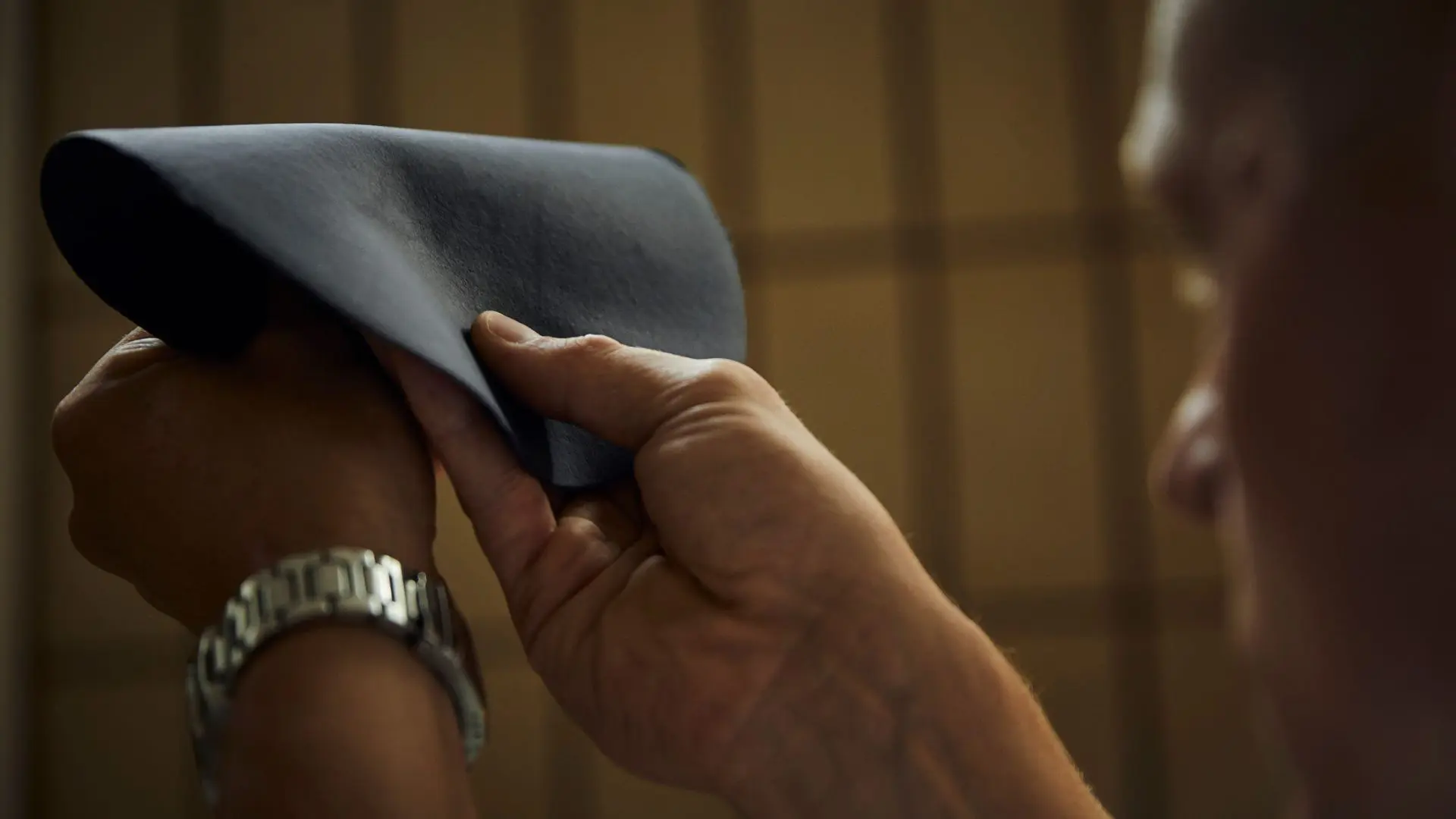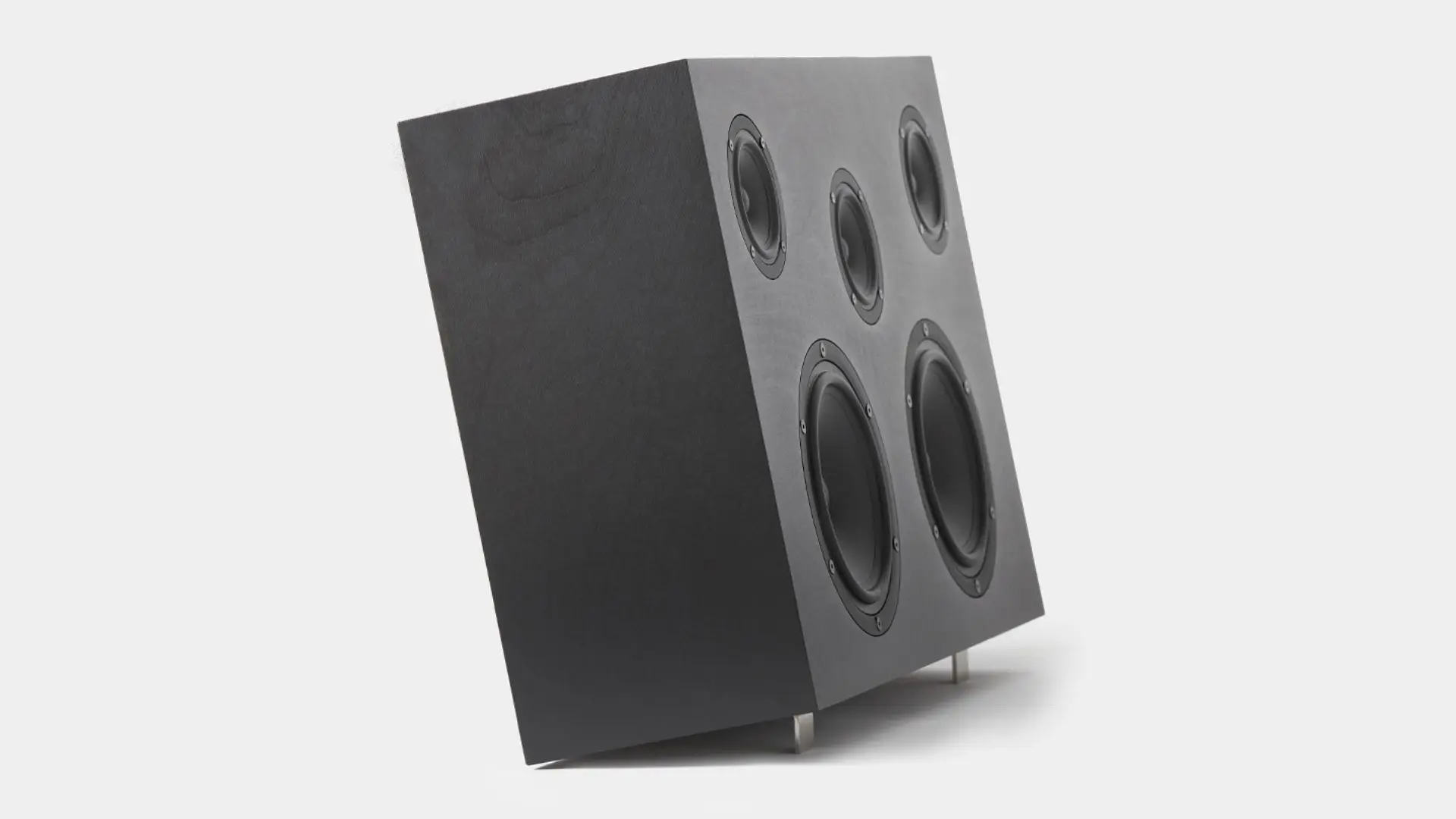Supercharging Industrial Design: 5 ways designers can leverage AI
In the fast-paced world of industrial design, staying ahead requires embracing innovative tools and techniques. Industrial design is no exception, and designers are tapping into the incredible power of artificial intelligence (AI) to take their craft to new heights
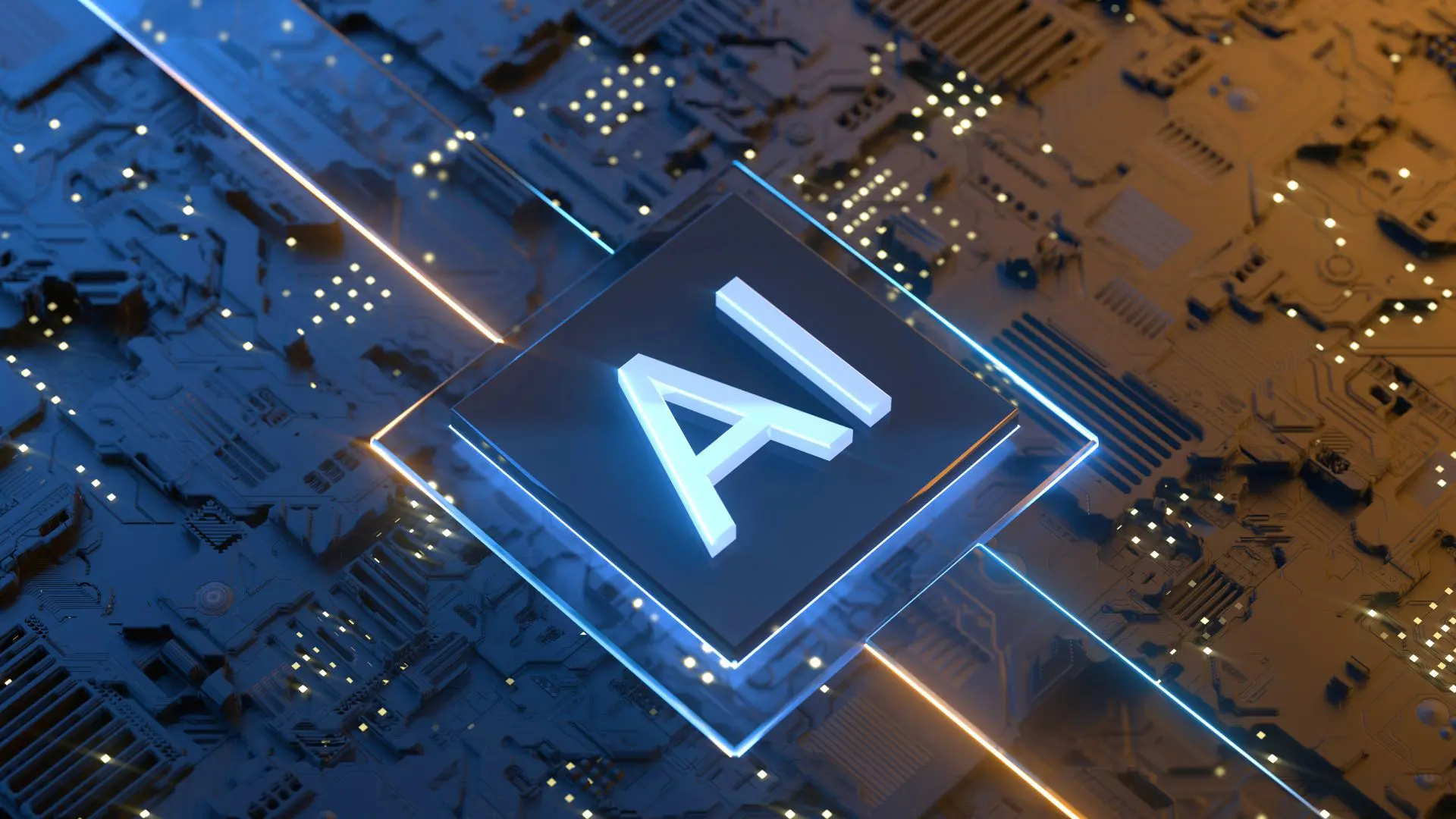
From product ideation to manufacturing, AI is revolutionizing the way industrial designers approach their craft. In this article, we will explore the various ways in which industrial designers can leverage AI to enhance their work, streamline processes, and unlock new possibilities.
1- Inspiring Creativity
AI serves as a powerful tool to fuel creativity and inspire novel design concepts. By leveraging machine learning algorithms, designers can analyze vast amounts of data, including customer preferences, market trends, and historical designs. This data-driven approach helps identify patterns, predict future demands, and generate valuable insights. Designers can use AI-generated recommendations as a foundation to brainstorm and explore fresh ideas, leading to more innovative and consumer-centric designs.
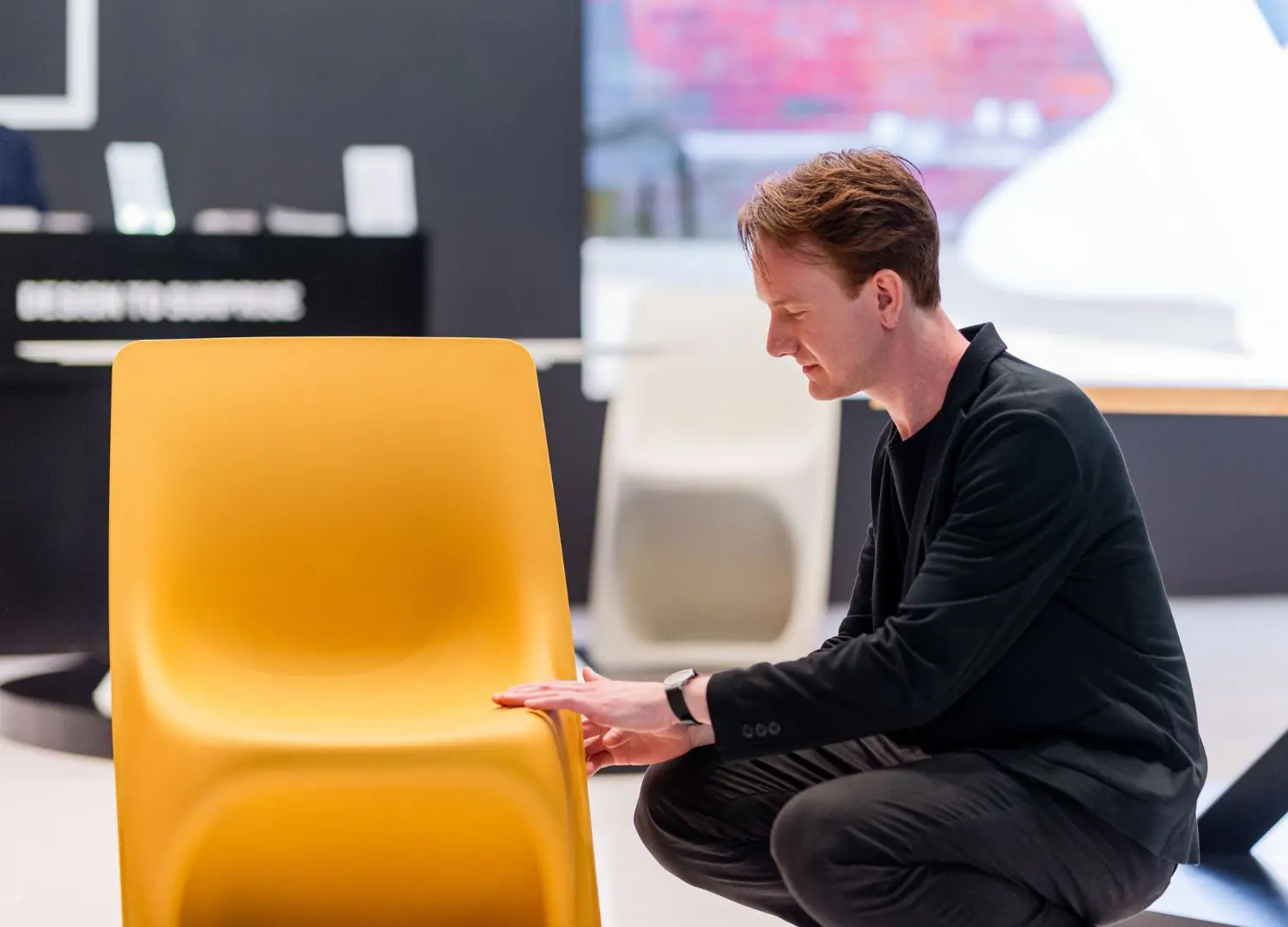
2- Streamlining Design Iterations
Industrial design is an iterative process that involves multiple design revisions and refinements. AI plays a crucial role in streamlining these iterations, reducing time and effort. Designers can use generative design algorithms, powered by AI, to automate the creation of numerous design options based on defined constraints. By quickly generating and evaluating multiple design iterations, designers can arrive at optimized solutions that balance functionality, aesthetics, and manufacturability.
3- Enhancing Prototyping and Testing
Prototyping is an integral part of industrial design, enabling designers to validate their concepts and make improvements before moving to the manufacturing stage. AI-powered virtual prototyping tools and simulations provide designers with accurate and cost-effective ways to visualize, test, and iterate designs. Virtual simulations can predict product performance, analyze structural integrity, simulate real-world use scenarios, and optimize material choices. This reduces the need for physical prototypes, saving time and resources while ensuring a higher-quality end product.
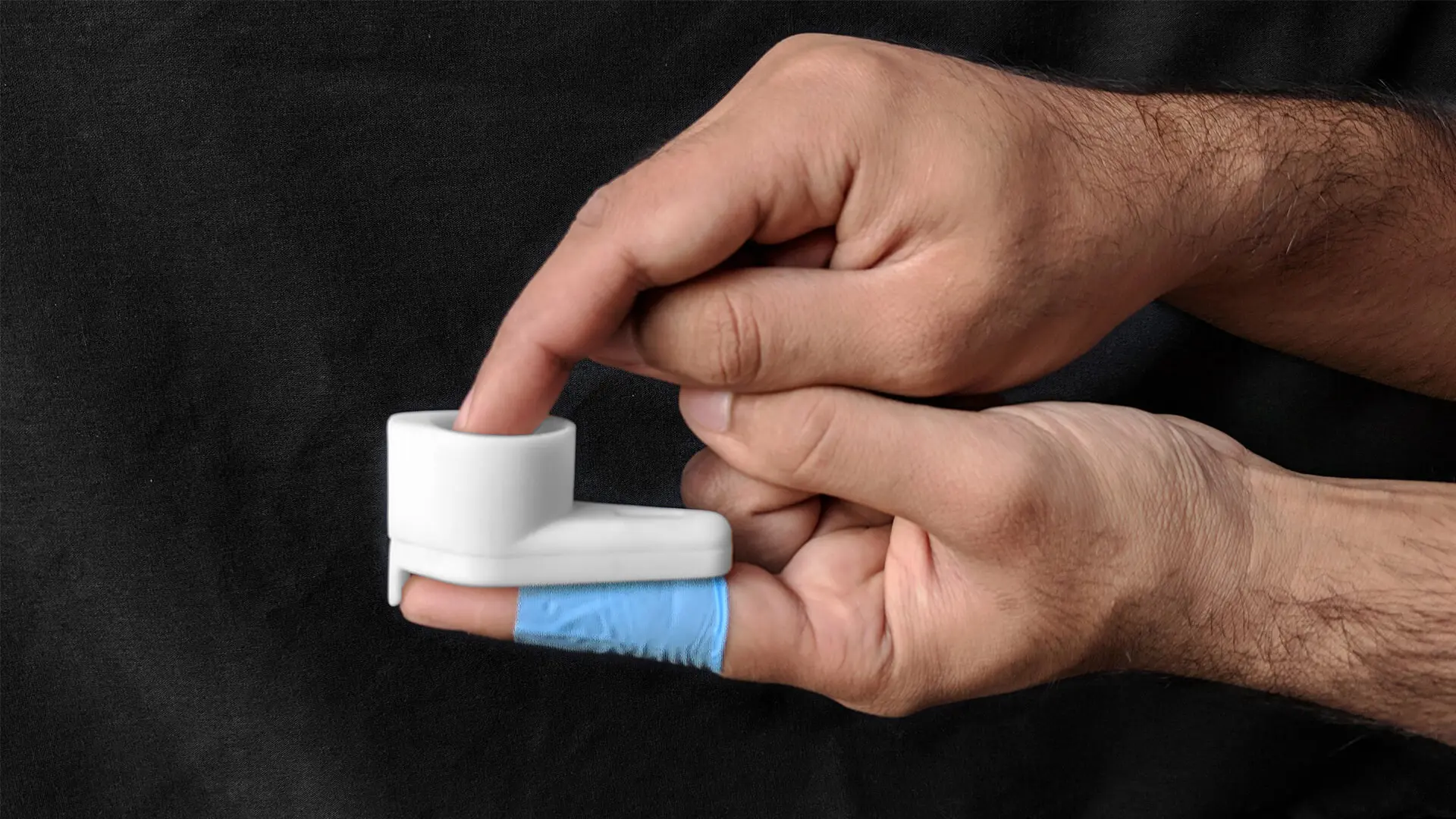
4- Personalized and Adaptive Design
AI enables industrial designers to create personalized products and experiences tailored to individual customers. By analyzing user data, AI algorithms can identify preferences, habits, and behavioral patterns, allowing designers to customize their designs accordingly. From personalized consumer electronics to adaptive ergonomic furniture, AI-driven industrial design helps cater to the unique needs and desires of consumers, resulting in higher customer satisfaction and brand loyalty.
5- Improving Manufacturing Processes
AI extends its influence beyond the design phase, revolutionizing the manufacturing processes as well. Industrial designers can employ AI-driven algorithms to optimize manufacturing workflows, reduce material waste, and enhance production efficiency. AI-powered robotics and automation systems can streamline assembly lines, improving precision and speed. Additionally, AI-driven quality control systems can detect defects and inconsistencies, ensuring higher product standards and reducing costly rework.
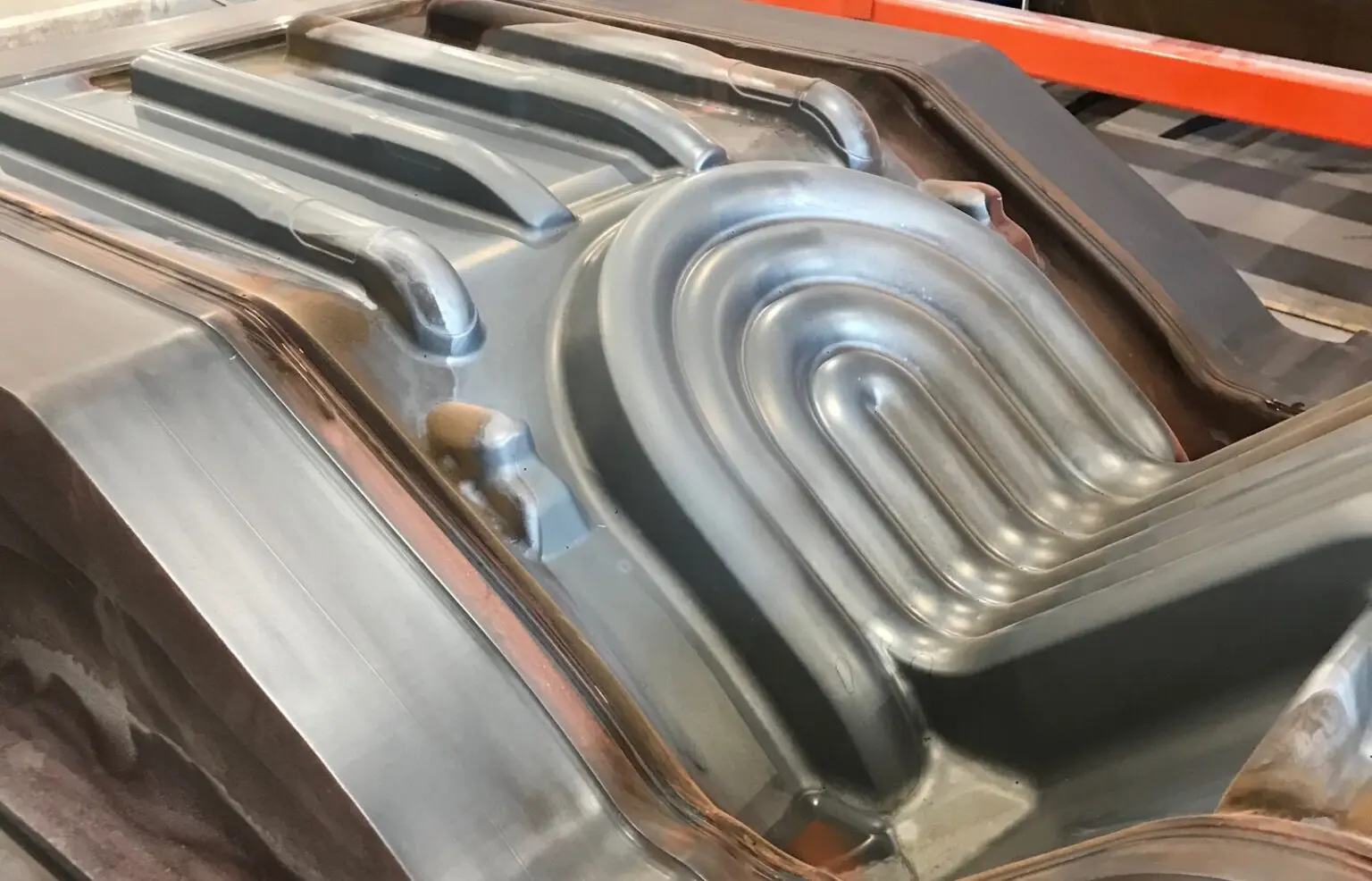
AI tools for industrial designers
The integration of AI into the field of industrial design marks an exciting chapter in the evolution of the profession. By harnessing the power of AI, industrial designers can unlock new levels of creativity, streamline their design processes, and deliver exceptional products that meet the evolving needs of consumers.
From ideation to manufacturing, AI empowers designers to innovate, personalize, and optimize their designs, ultimately shaping the future of industrial design and transforming industries across the globe. As AI continues to advance, industrial designers who embrace its potential will undoubtedly be at the forefront of groundbreaking design solutions.
[ Read also The future of product design: how artificial intelligence is changing the game ]
- Autodesk Fusion 360, for instance, enables designers to leverage generative design algorithms, automating the creation of design options and facilitating rapid exploration and optimization.
- Siemens NX integrates AI-driven capabilities that aid in generative design, simulation, and optimization, empowering designers to create innovative and efficient designs while considering manufacturing constraints.
- SolidWorks Simulation utilizes AI-powered simulations to analyze and optimize designs for structural integrity and performance.
- Adobe Sensei, although not specifically designed for industrial design, offers AI-powered features that can assist designers in tasks such as image recognition and content-aware fills.
- Dassault Systèmes CATIA integrates AI-based design and simulation capabilities, allowing designers to create complex and optimized designs with considerations for ergonomics, manufacturability, and material selection.
With these AI tools, industrial designers can streamline their processes, iterate designs more effectively, and make informed decisions, ultimately delivering outstanding products that meet the evolving needs of the industry.


